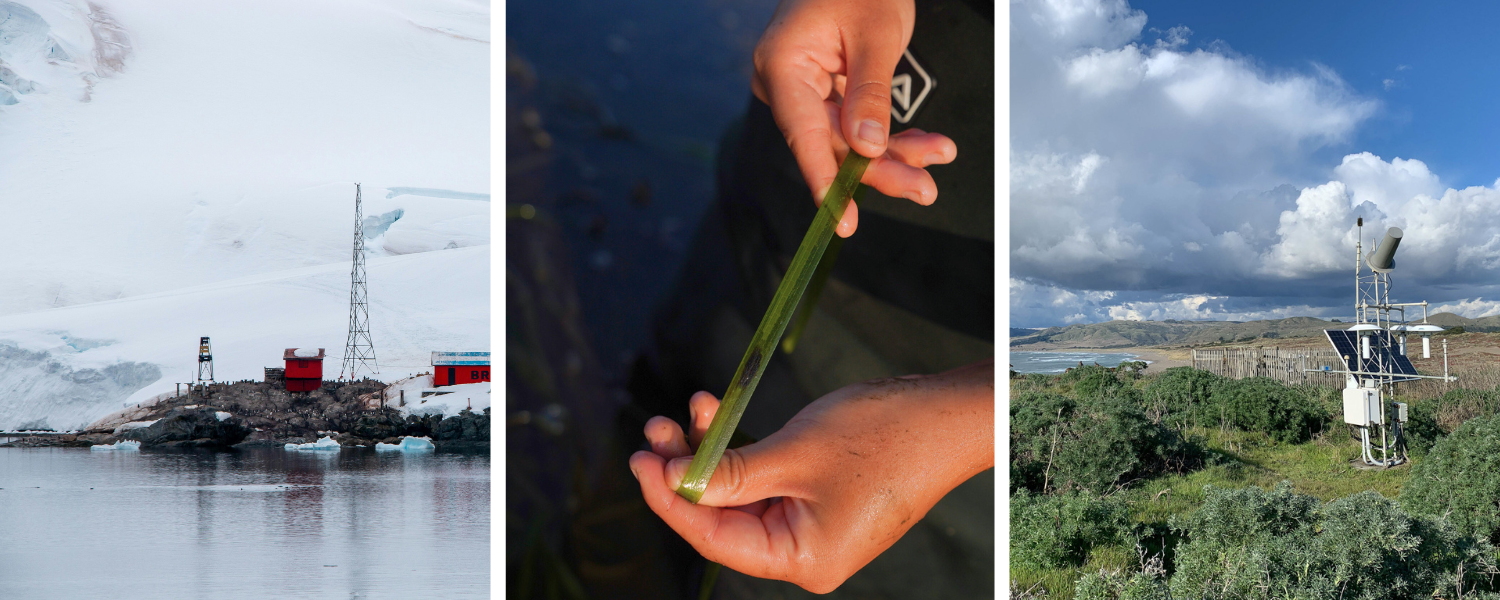Climate Change
Rising CO₂ is changing the chemistry, temperature, and currents of our oceans—shifts that ripple through marine ecosystems. Along California’s coast, researchers at the Coastal and Marine Sciences Institute study how naturally upwelled, acidified waters offer a window into future ocean conditions. With ocean buoys, moored sensors, and ship-based surveys, they monitor and model how climate-driven changes in acidification and upwelling affect marine life and coastal ecosystems.
Climate Change Focused Programs
Current research programs include the Bodega Ocean Acidification Research (BOAR) program, long-term oceanographic and paleoclimate studies, and NSF-supported experimental facilities that simulate future ocean conditions. These efforts support a deeper understanding of how climate change impacts marine ecosystems over both short and long timescales.
Bodega Ocean Acidification Research (BOAR)
Ecological Climate Change Studies
NSF Supported Climate Change Facility
Listen In:

The UC Davis Unfold podcast explores Oceans under a changing climate with Tessa Hill and Priya Shukla.



